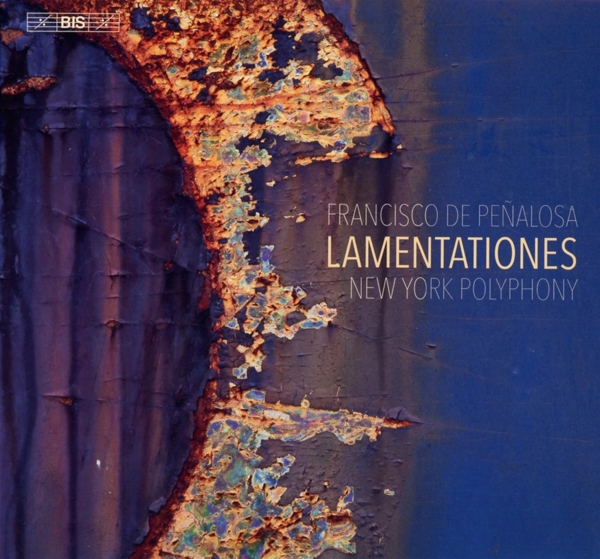Otros productos de New York Polyphony |
Mi cuenta
|
Entrar
|
Español |
€ Euro |
Búsqueda avanz.
|
Todas categorías
LOS MáS VENDIDOS
500
NOVEDADES
8.720
OFERTAS
224.888
Tu selección actual:
No hay selección
Filtrar resultados:
TÉCNICA
259.586
JUEGOS/SOFTWARE
25.738
MÚSICA
714.308
Clásico (otro)
3.977
- Cantadas sacras
118
- Madrigal sacro
15
- Magníficat
19
- Misa
152
- Motete
77
- Musicol. gregoriana
39
- Música sacra(otro)
487
- Oratorio
124
- Pasión
59
- Réquiem
67
- Stabat Mater
11
- TeDeum
4
Música sinfónica
12.917
|
Música Películas Audio Libros Merchandise Infantil |



























